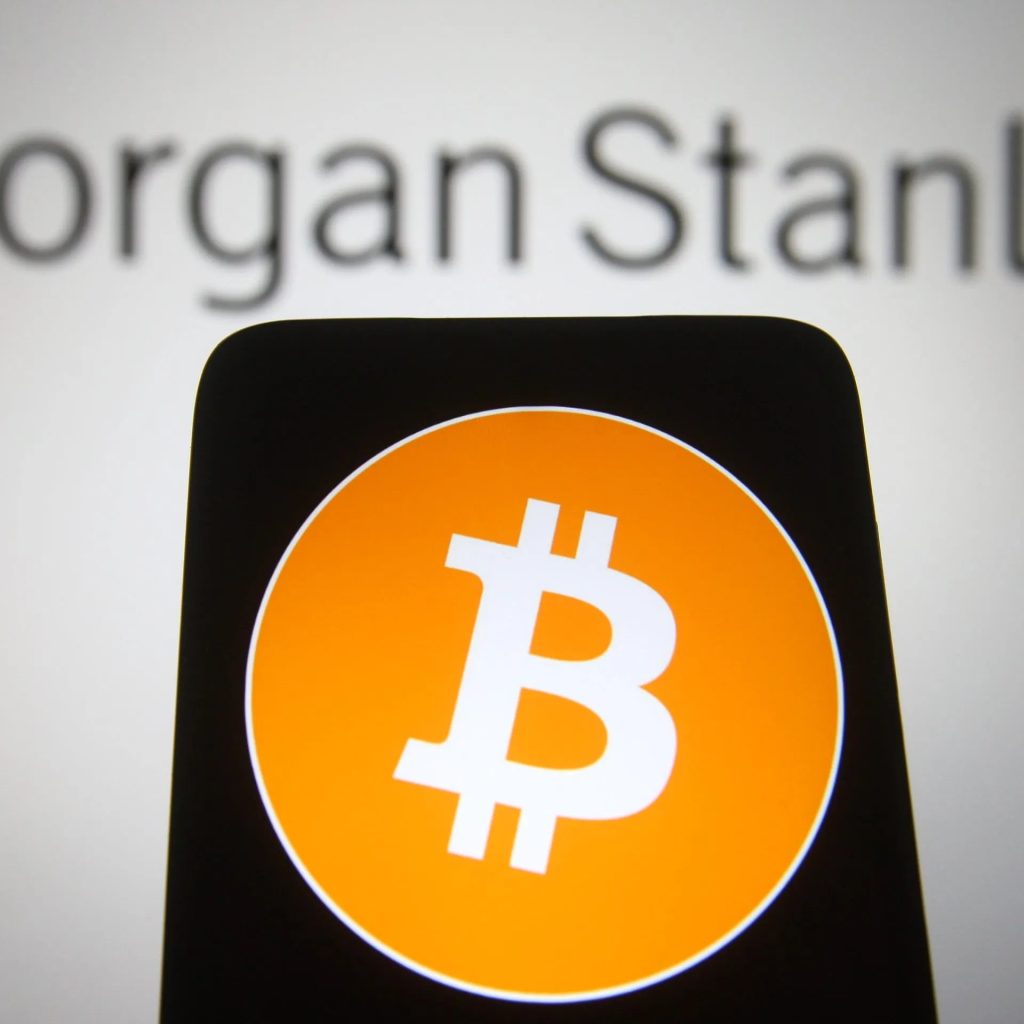The recent nod of approval for Bitcoin-focused exchange-traded funds (ETFs) by the Securities and Exchange Commission (SEC) has sent ripples across the financial sector. JPMorgan, a key player in this unfolding drama, has been closely monitoring the situation, dissecting the potential winners and losers in this game-changing move. Over ten companies are queuing up to launch their own Bitcoin ETFs, a development that’s not just about cryptocurrency but also influences a wide array of finance stocks.
These stocks, ranging from trading platforms to fund issuers, are already giving investors a taste of the crypto trend. However, the real intrigue lies in how this policy shift will affect asset management companies. JPMorgan’s analyst Kenneth Worthington has peeled back the layers to reveal a landscape filled with both opportunities and pitfalls.
The Double-Edged Sword for Coinbase
Coinbase, as the main brokerage for Bitcoin ETFs, stands at a crossroads. While the ETF approval could boost its profile, it’s not all roses and sunshine. Worthington warns of the risks overshadowing potential gains. With Coinbase’s stock price already riding high, shareholders could face a bumpy road ahead. The company’s custodianship of most approved Bitcoin ETFs is a feather in its cap, yet it might soon find itself competing with its own clients, leading to a potential drop in customer volume and trading commissions.
Robinhood, on the other hand, is positioning itself as a more wallet-friendly option compared to Coinbase. This could lead to a shift in investor preference, especially for those seeking more cost-effective exposure to Bitcoin and other cryptocurrencies. Worthington also points out that while alternative coin trading will stay put in Coinbase’s realm, both Coinbase and Robinhood have seen a dip in their stock values in 2024, despite impressive gains in the previous year.
The ETF Issuers’ Fee Frenzy
Moving on to ETF issuers, there’s a battle royale brewing over fees. BlackRock, with its Bitcoin Trust, is pulling out all stops with a tempting fee waiver to attract investors. This move not only spikes interest but also adds legitimacy to their ETF bid. Despite a modest downturn in BlackRock’s performance this year, analysts remain upbeat about its prospects.
Invesco’s partnership with Galaxy for the Invesco Galaxy Bitcoin ETF, sporting a competitive fee, showcases their strategic play in this field. Conversely, Franklin Resources stands out for its commitment to crypto and blockchain, despite its underwhelming stock performance lately.
As for the exchanges, Cboe Global Markets is leading the charge as the preferred platform for Bitcoin fund managers, with its innovative approach combining spot and derivatives trading. Nasdaq, not to be outdone, is also a top pick for Bitcoin funds by giants like BlackRock and Valkyrie. The Intercontinental Exchange (ICE), with its historical ties to Coinbase and Bakkt, remains a formidable player despite a slight dip in its shares this year.
One name that keeps popping up across various ETF applications is Virtu Financial. This firm plays a crucial role as an authorized participant, a unique position that differentiates ETFs from mutual funds. Virtu’s presence alongside other heavyweights like JPMorgan, Jane Street, and Macquarie underscores its significance in the ETF ecosystem.
JPMorgan’s perspective on the Bitcoin ETF approval paints a complex picture. It’s a world where opportunities are intertwined with challenges, and where each player must navigate carefully to stay afloat. This development marks a significant milestone in the crypto journey, one that could redefine the landscape for investors and companies alike. With the financial world watching closely, only time will tell how this dynamic will play out in the long run.






